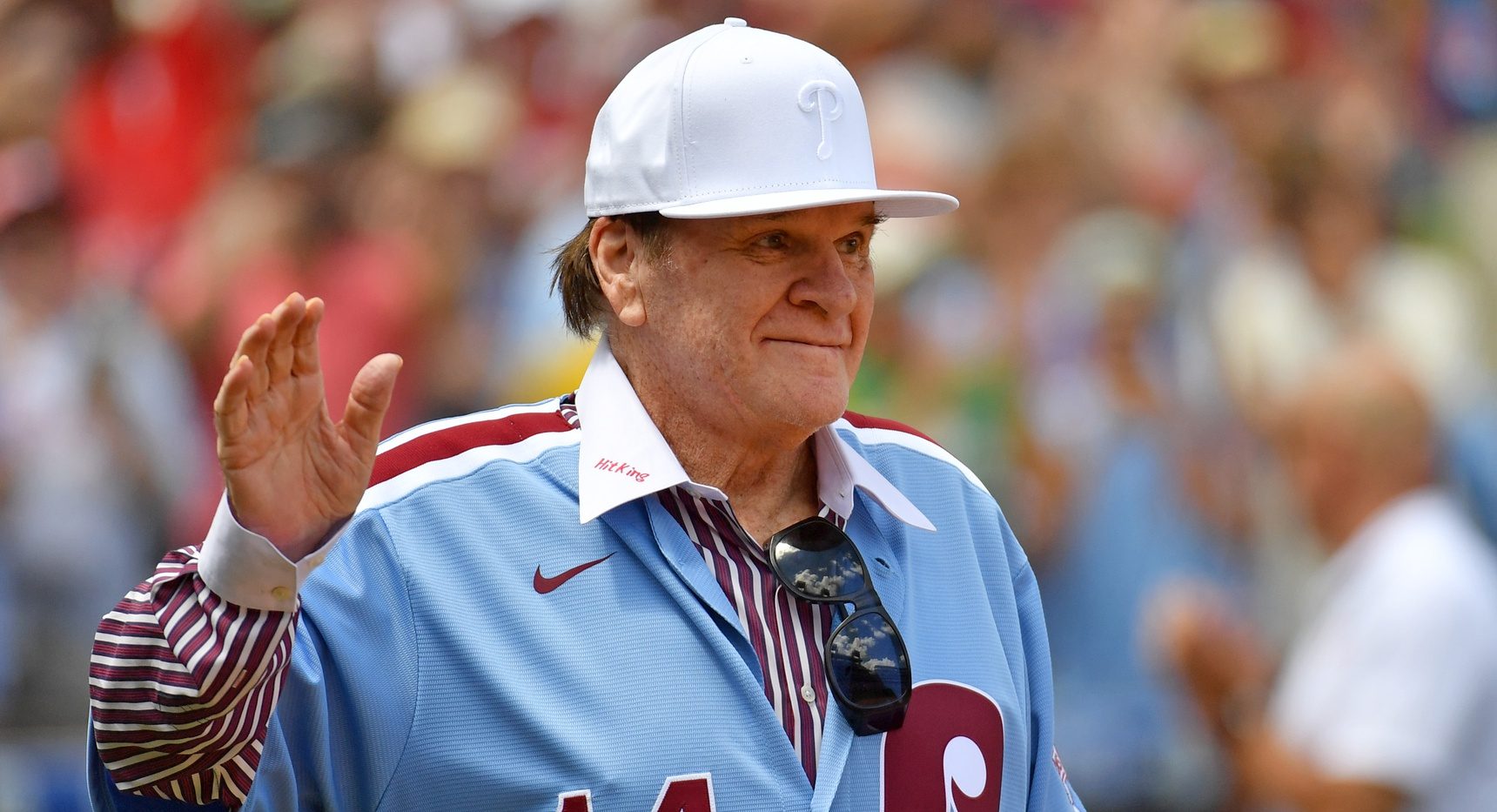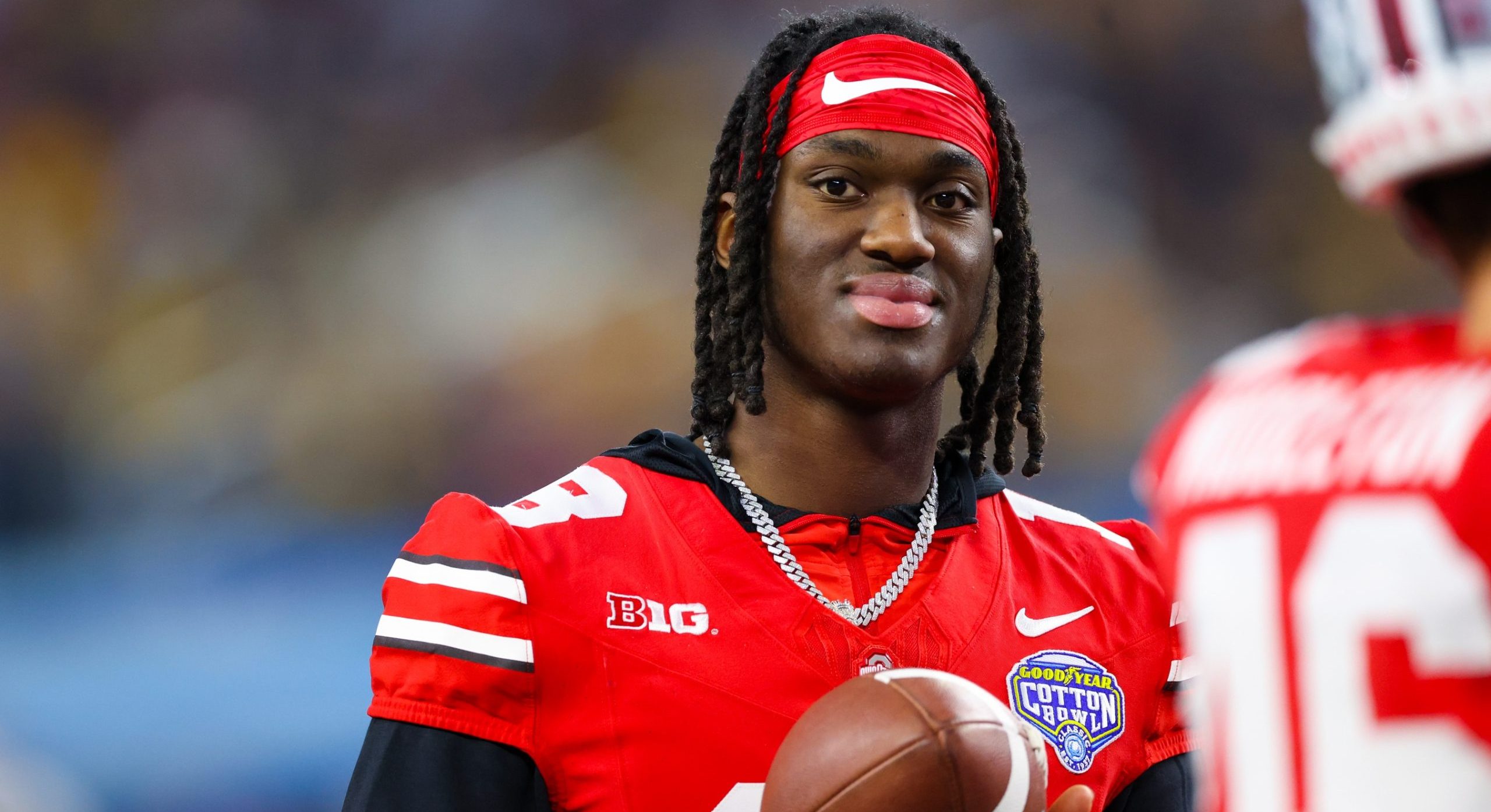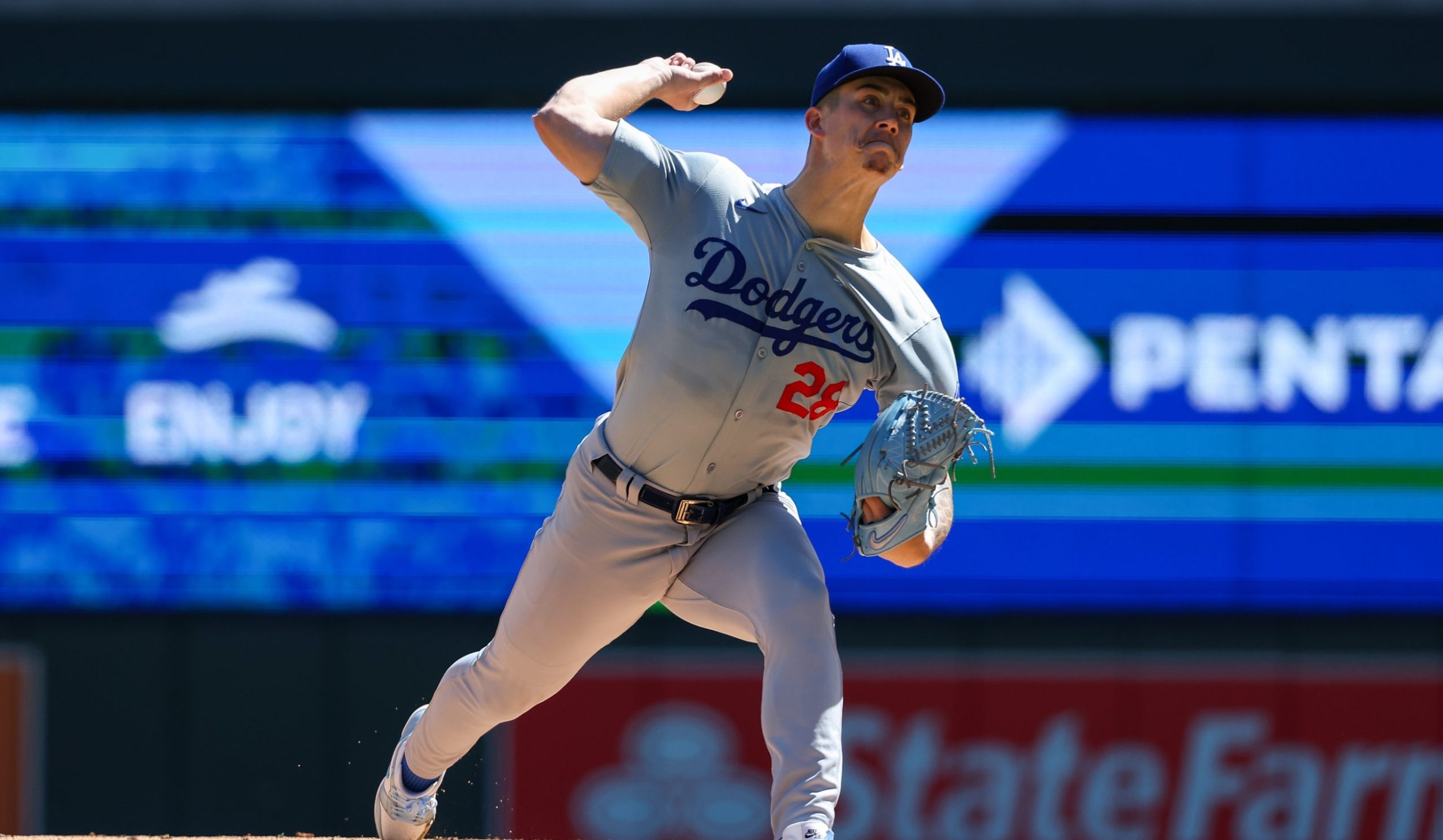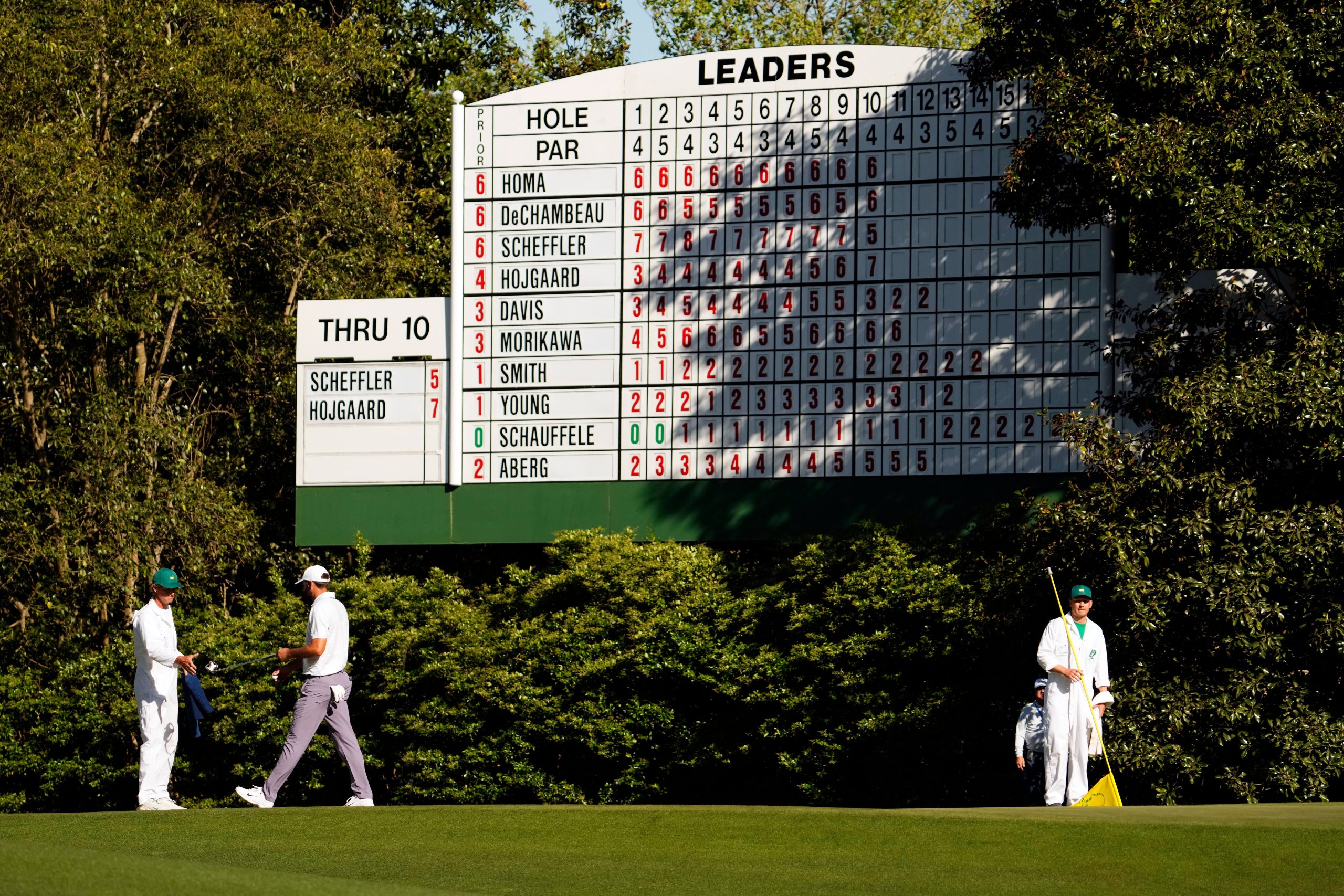In the last few weeks, NASCAR has come under fire from the media and fans for its slow responses to accidents that have taken place on the track.
One particular accident that stood out was with NASCAR Truck Series driver Carson Hocevar who could be heard on his radio in a lot of pain, begging for help.
Carson Hocevar's in-car audio following his crash at Gateway pic.twitter.com/YY9LGcw4mb
— Brett (@brettbphoto) June 5, 2022
Thankfully, Hocevar wasn’t that badly injured. He had just suffered an ankle injury, but at the time no one knew that, and fans and media were upset that it took a while before he was taken to a hospital.
— Carson Hocevar (@CarsonHocevar) June 8, 2022
Another driver in the Truck Series was in a similar situation and the race continued while his truck sat disabled on the track. The driver, Spencer Boyd, suffered a dislocated shoulder. Again, another case where NASCAR officials dropped the ball.
NASCAR official Scott Miller tried to explain why the responses can be slow sometimes.
“One thing that everybody needs to know is the ambulance doesn’t have to be there for a doctor to be on the scene. There’s doctors in each of our chase vehicles, and we try to dispatch those as quickly as obviously as we can to the scene of the accident,” Miller said, per Zack Albert of NASCAR.com. “There is traffic out there still, and we don’t want to compound the situation by forcing one of our vehicles up into race traffic that’s slowing down. So there’s just a lot of moving parts right there, and we certainly try to respond as quickly as we can, that’s obvious.”
Normally, when an accident happens a caution flag comes out and either stops the race completely if there is a bad accident or slows the race down until the accident is cleared up.
A #NASCAR official tells @SiriusXMNASCAR that meetings will continue Tuesday to ensure that what happened at the end of last Friday’s @NASCAR_Trucks race “never ever happens again.” https://t.co/u3f72wr9k4
— NASCAR on NBC (@NASCARonNBC) March 8, 2022






